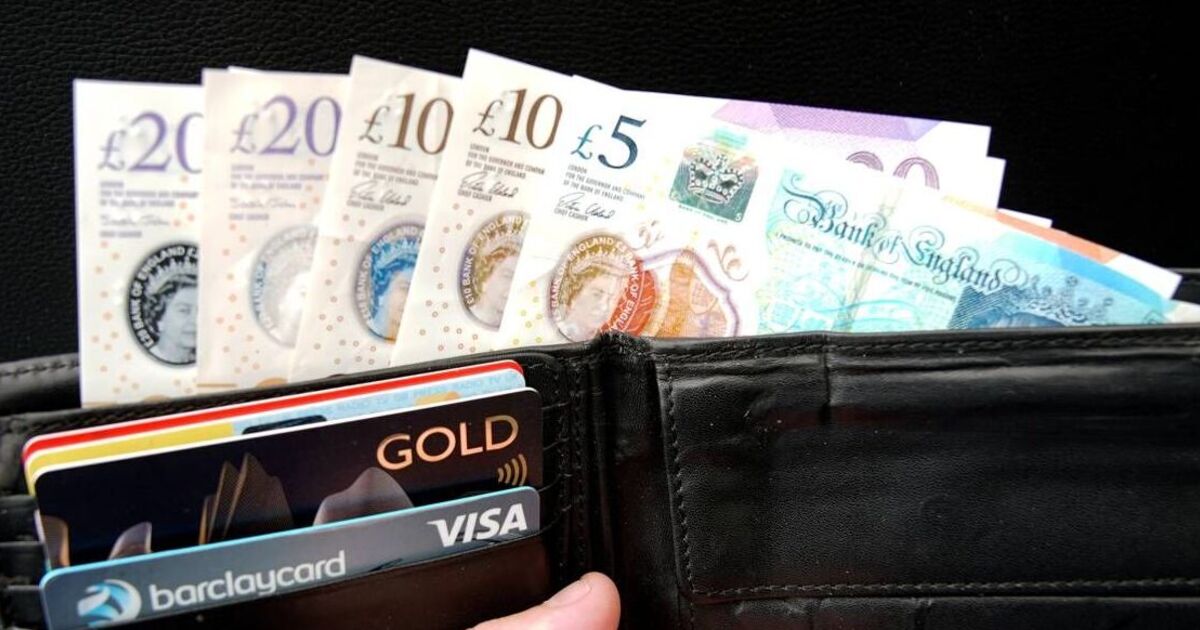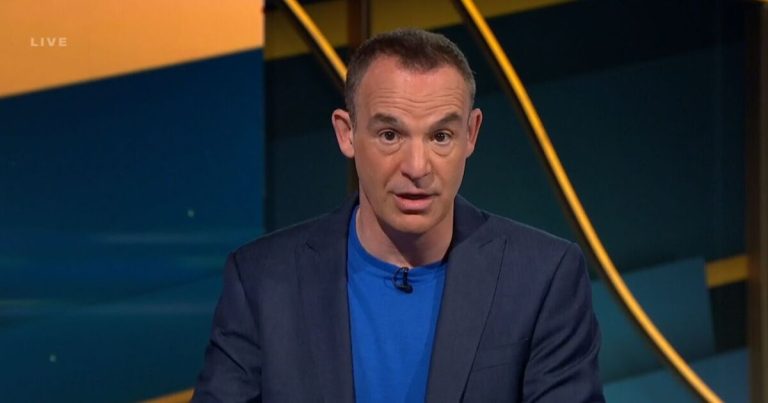
Millions of workers will enjoy a cut in national insurance as the new tax year kicks off, helping to lighten the burden on family budgets.
The main rate of employee national insurance will go down from 10% to 8% starting April 6 – the first day of the tax year 2024-25.
Combined with an earlier announced cut in the autumn statement, this will mean an average worker earning £35,400 will save more than £900 a year, according to the Government. About 27 million workers will benefit from this reduction.
Moreover, over two million people will gain from the main self-employed national insurance rate being reduced.
The main rate for Class 4 NI contributions for the self-employed will be lowered to six percent. When combined with the elimination of the requirement to pay Class 2, a self-employed worker making £28,000 is expected to save around £650 a year.
However, despite these NI reductions, some other thresholds that have been left unchanged may act as a “stealth tax”, leaving folk feeling worse for wear.
Frozen income tax bands pull people into higher brackets over time as their pay goes up.
The standard personal allowance is £12,570, which is the income amount that isn’t taxed.
Prime Minister Rishi Sunak said: “Hard work is one of my core values, and the progress we have made on the economy means we can reward work with a tax cut worth £900 for the average earner.”
“This marks the next step in our plan to end the unfairness of double taxation of work by abolishing national insurance in the long term.”
Chancellor Jeremy Hunt said the cuts show “we stand behind those who work hard and fires the starting gun on our long-term ambition to end the unfair double tax on work”.
Rachel Reeves, Labour’s Shadow Chancellor, said: “Every time Rishi Sunak goes on the television claiming he is cutting taxes, he is insulting the intelligence of hard-working families.”
She accused the Government of “giving with one hand and taking with another”.
Labour is set to launch a new poster campaign on Friday on what it termed the the “Tory tax double whammy”.
About 170,000 families will also be taken out of paying a tax charge under the Government’s changes.
It will increase the threshold at which the high income child benefit charge kicks in, from £50,000 to £60,000.
The charge had been triggered when one parent in a household claiming child benefit has taxable income of £50,000 or more but the threshold has been criticised for falling unfairly on the shoulders of single parents, as it is based on the income of the highest earner.
The rate at which the fee is charged will also be halved from one percent of the child benefit payment for every additional £100 earned above the threshold, to one percent for every £200.
This means that child benefit will not be withdrawn in full until a parent is earning £80,000 or more.
The Government reckons that about 485,000 families will get an extra £1,260 to help with the costs of raising their kids in 2024/25. Also, 170,000 families won’t have to pay a certain tax charge anymore.
They’re planning to ask people what they think about changing how this tax charge works by April 2026. They want to make it fairer because right now, it’s based on each person and that can be a bit unfair sometimes.
Isas, which are a way to save money without paying tax, are going to be better too.
You’ll be able to open more than one Isa of the same type each year. This is good because it means you can move your money to where you can get the most interest.
Lucy Woodward, who knows a lot about money, said: “This will make it easier for people to directly pursue better savings rates for cash Isas from other providers, if more favourable rates become available later in the tax year.”
Right now, if you don’t earn a lot, you can get up to £1,000 in interest without paying tax. But because interest rates are going up, some people might have to start paying tax.
That’s why Isas might be a better choice for saving money because you don’t have to pay tax on them.
Laura Suter, who helps people with money stuff, said: “Changes to the Isa rules from this weekend should make it easier for people to use Isas and not get tripped up by the rules, which should mean people can shop around and engage with Isas more.”
Starting from Monday, April 8, pensioners will see a financial uplift. Thanks to the triple-lock guarantee, the state pension will rise by 8.5 percent, making it £221.20 a week for the full, new state pension, and £169.50 a week for the full, old, basic state pension.
This change comes at a time when households are facing increases in various bills such as council tax, road tax, broadband, mobile, water and stamps. On a brighter note, the energy price cap dropped on April 1 by 12.3 percent to £1,690 for a typical dual fuel household in England, Scotland and Wales.






